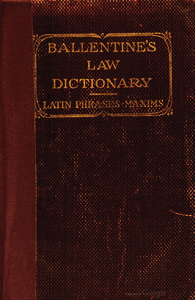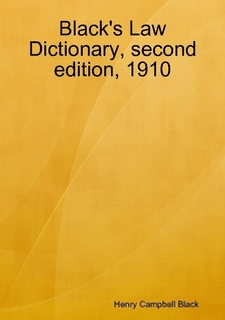Governmental condonation. .
Definition of Amnesty
-
Ballentine's Law Dictionary
-
Black's Law Dictionary: 2nd Edition
A severeign act of pardon and oblivion for past acts, granted by a government to all persons (or to certain persons) who have been guilty of crime or delict, generally political offenses,—treason, sedition, rebellion,—and often conditioned upon their return to obedience and duty within a prescribed time. A declaration of the person or persons who have newly acquired or recovered the sovereign power in a sinte, by which they pardon all persons who composed, supported, or obeyed the government which has bsen overthrown. The word "amnesty" properly belongs to international law, and is applied to treaties of peace following a slate' of war, and signifies there the burial in oblivion of the particular cause of strife, so that that shall not be again a cause for war between the parlies; and this signification of "amnesty" is fully and poetically expressed in the Indian custom of burying the hatchet. And so amnesty is applied to rebellions which by their magnitude are brought within the rules of international law, and in which multitudes of men are the subjects of the clemency of the government. But in these cases, and in all cases, it means onlv "oblivion," and never expresses or implies a grant. Knote v. United States, 10 Ot. Cl. 407. "Amnesty" and "pardon" are very different The former is an act of the sovereign power, the object of which is to efface and to cause to be forgotten a crime or misdemeanor; the latter is an act of the same authority, which exempts the individual on whom it is bestowed from the punishment the law inflicts for the crime he has committed. Bouvier; United States v. Bassett, 5 Utah, 131, 13 Pac. 237; Davies v. MeKeeby, 5 Nev. 373 : State v. Blalock, 61 N. C. 247; Knote v. United States, 95 U. S. 149, 152, 24 L. Ed. 442.

